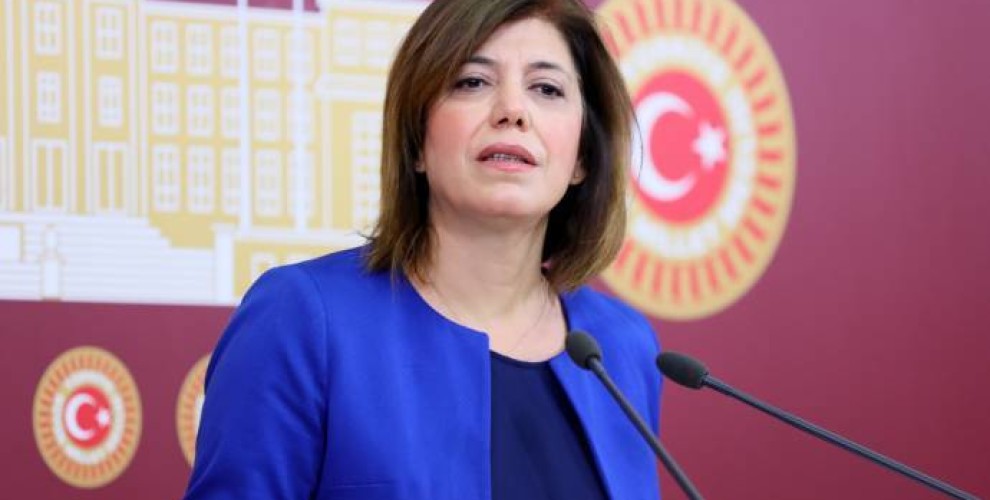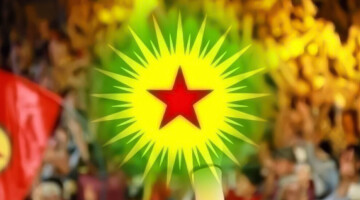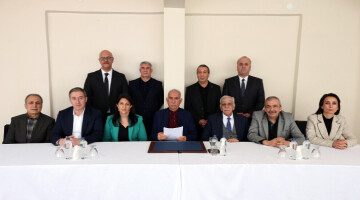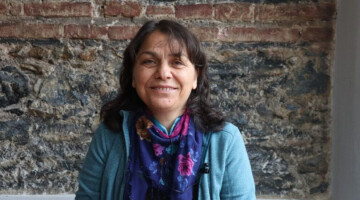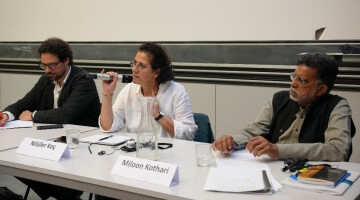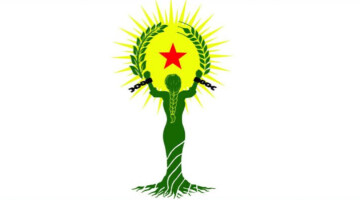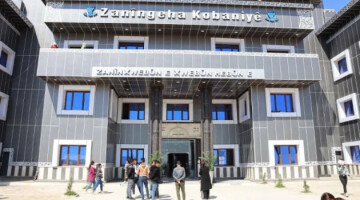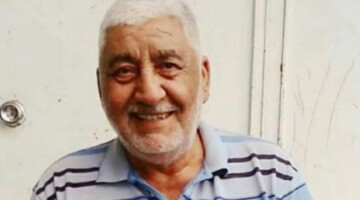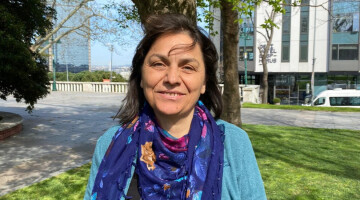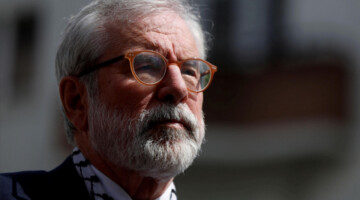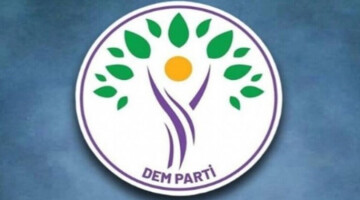HDP Siirt deputy Meral Danis Beştaş asked Justice Minister, Abdulhamit Gül, why HDP former co-chair Selahattin Demirtaş has not been released as ruled by the European Court of Human Rights (ECHR).
Beştaş recalled that the ECHR decisions are binding for signatory countries.
The HDP Siirt deputy asked:
* Why, although the decision of the ECHR on Selahattin Demirtaş was announced on 20 November 2018, has he not been released?
* The statement issued by the President saying that “the ECHR ruling is not binding for us”, is accepted as an instruction by the court? If so, can we say that the courts are independent?
* Is the statement by the President to be considered an interference in the judiciary?
* On 20 November, when the ECHR ruling was announced, what did the President discuss with Ankara Public Prosecutor Yüksel Kocaman? Does this meeting have anything to do with the decision on Demirtaş? Is any statement going to be made to the public opinion on this?
* Is the claim made about the Istanbul 26th High Criminal Court that it is in fact obstructing the release of Demirtaş as requested to the court of appeal?
* Considering the reaction of the President to the ECHR ruling on the immediate release of Demirtaş, it is legitimate to ask whether in fact it was him who ordered the arrest of Demirtaş in the first place.
The European Court of Human Rights ruled on Demirtaş
The European Court of Human Rights on 20 November ruled that it “found that it had been established beyond reasonable doubt that the extensions of Mr Demirtaş’s detention, especially during two crucial campaigns, namely the referendum and the presidential election, had pursued the predominant ulterior purpose of stifling pluralism and limiting freedom of political debate, which was at the very core of the concept of a democratic society.”
In November 2016, Selahattin Demirtaş, along with 12 other HDP (Halkların Demokratik Partisi, Peoples' Democratic Party) members of the Turkish parliament were arrested on ‘terror’-related charges for which he currently faces up to 142 years imprisonment if convicted. Demirtaş has remained in custody since that time. The arrest of the HDP co-leader was widely seen as a political move by the Chairman of the ruling Justice and Development Party, Recep Tayyip Erdoğan, following the phenomenal success of the pro-Kurdish Peoples’ Democratic Party in the 2015 Turkish elections that resulted in the loss of the AKP’s overall majority.
In The case of Selahattin Demirtaş v. Turkey (no. 2) – The European Court of Human Rights (ECHR) has ordered Turkey to release the opposition deputy from prison....and, in its complex ruling this week, concluded there has been “several violations of the Convention”.
“In today’s Chamber judgment in the case of Selahattin Demirtaş v Turkey (no. 2) (application no. 14305/17) the European Court of Human Rights held, unanimously, that there had been:
no violation of Article 5 § 1 (right to liberty and security) of the European Convention on Human Rights,
a violation of Article 5 § 3 (right to be brought promptly before a judge) of the Convention,
no violation of Article 5 § 4 (right to a speedy review of the lawfulness of detention),
a violation of Article 3 of Protocol No. 1 (right to free elections);
and, by six votes to one, that there had been: a violation of Article 18 (limitation on use of restrictions on rights) in conjunction with Article 5 § 3.
The case concerned the arrest and pre-trial detention of Mr Selahattin Demirtaş, who at the time of the events was one of the co-chairs of the Peoples’ Democratic Party (HDP), a left-wing pro-Kurdish political party. The Court accepted that Mr Demirtaş had been arrested and detained on “reasonable suspicion” of having committed a criminal offence. However, having regard to the reasons given by the national courts, the Court found that the judicial authorities had extended Mr Demirtaş’s detention on grounds that could not be regarded as “sufficient” to justify its duration.
Demirtaş’ lawyer said he had applied for release following the ECHR ruling.
Turkish President Erdoğan’s reaction to ECHR ruling
Despite this, Turkish President Recep Tayyip Erdoğan appears unconcerned at Turkey’s now recognised violation of the European Convention on Human Rights:
“Turkish president on Tuesday said the European Court of Human Rights (ECHR) ruling demanding the release of jailed former co-chairman of the Peoples’ Democratic Party (HDP) Selahattin Demirtaş was "not our concern".
Responding the reporters in parliament, Recep Tayyip Erdoğan said: "Decisions the ECHR make are not of our concern" and recalled that ECHR has “many rulings on terror groups and they were all against those made by Turkish courts.”
Selahattin Demirtaş’ own comments on the ruling
Selahattin Demirtaş had conveyed his own comments on the ruling through his lawyers. “As we have stated since the very first day, - he said - the operation against the HDP, our imprisonment and trial was based not on legal but political motives. The cases I stand trial in and the allegations put forward in this scope have all collapsed. The ECHR ruling has concretized that all the courts that passed unlawful decisions against us during this period of time, including the Constitutional Court, have committed severe violations. The new tutelage of politics on the judiciary constitutes a great danger for both democracy and the future of society”.
As to the comments by Turkish President, Selahattin Demirtaş said: “Unfortunately, the President, who makes a statement on the subject as head of the executive power, can still state, despite this Court ruling, that he will not recognize the law and the Constitution. This issue does not appertain to me alone as it is a very grave situation for the whole of Turkish society and democracy, as has been determined in the ECHR ruling”.
Demirtaş added: “Our struggle for law and justice will continue under all circumstances. Despite the fact that I have been imprisoned for two years without a fair court ruling, I have never lost my faith in democracy, justice and peace. My greatest source of hope in this regard is the people and their struggle.”

